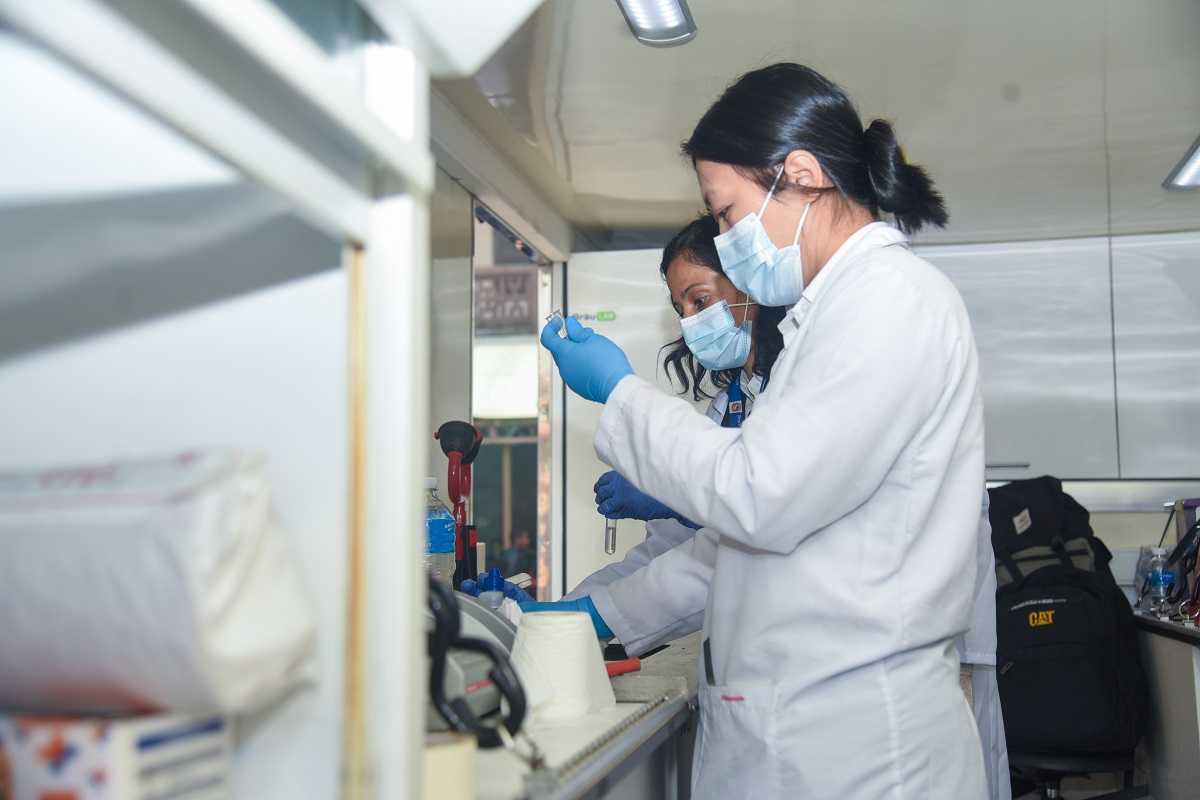Kathmandu – In a significant move to ensure food hygiene and quality, the Kathmandu Metropolitan City (KMC) has launched a modern mobile food testing laboratory. Operated in collaboration with the Department of Food Technology and Quality Control (DFTQC), this mobile lab is capable of conducting over 24 types of tests on the spot, providing immediate results.
The mobile lab was first deployed to test food samples at the Paropakar Maternity and Women’s Hospital and Norvic Hospital canteens in Thapathali. Food samples collected from these locations were tested directly at the site using advanced portable equipment.
Following this initial deployment, KMC and the DFTQC plan to conduct inspections of food businesses operating in various parts of the capital. The inspection team will include food technologists, microbiologists, and other experts, with the goal of ensuring food businesses provide cleaner, fresher, and higher-quality products.
High-Tech Equipment Onboard
According to Food Research Officer Shriram Neupane, the mobile lab is equipped with the following instruments:
- RPPR for pesticide residue testing
- Gerber Centrifuge for fat content in milk
- Milk Adulteration Kit to detect milk contamination
- Lactometer for SNF (solid-not-fat) in milk
- Water Adulteration Kit for ammonia and residual chlorine in water
- pH meter for checking water acidity
- Moisture balance, grinder, sample homogenizer, TPM meter (for oil quality), and refractometer (for TSS in sweets)
- Automatic burette, temperature probes, vortex mixers, fume hood chamber, and ultrasonicator for advanced testing
- Refrigerator for sample preservation and laptops for operating testing software
The lab is also fully air-conditioned, making it ideal for maintaining sensitive testing environments.
Food Sample Results Awaited
According to Bharti Adhikari, KMC’s food technologist, previously collected food samples have already been sent to the National Food and Feed Reference Laboratory, and the results are expected soon.
The launch of this mobile lab is seen as a milestone step toward improving food hygiene and quality in Kathmandu. Since the lab allows on-the-spot testing at markets and food stalls, it is expected to play a crucial role in ensuring safer, more reliable food for consumers.


